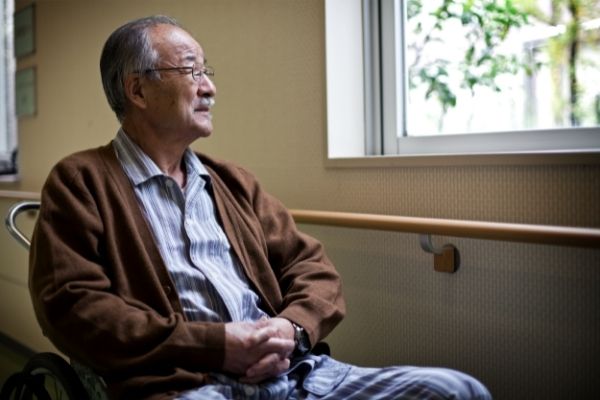
Primary Progressive Aphasia (PPA) is a neurological syndrome that affects communication. PPA has been seen in people as young as 35, but is usually diagnosed in individuals in their 50’s. It is rarely diagnosed in older individuals. PPA is not caused by stroke like other types of aphasia, but by a slow degeneration of brain tissue in the areas of the brain responsible for speech and language. PPA usually starts slowly, and it can lead to the complete inability to talk. The language deficits will vary from person to person and will be directly related to what areas of the brain are degenerating. At the start of PPA cognitive function is not affected.
There are no tests to diagnose PPA. The diagnosis of PPA is made by a process of elimination and using a specific criterion. The main clinical characteristic is language problem and how this affects daily life. Also, the first and only symptom at the first phase of the disease is language problems. Some symptoms of PPA include, but are not limited to word finding difficulty, circumlocution, problems with spelling and writing, overuse of short phrases, trouble following conversations and understanding simple words. The progression of these symptoms will worsen over time. In the later stages of PPA, cognitive skills like memory and concentration could also start to suffer.
The process of diagnosing PPA involves brain imaging like MRI or PET. Damage to the frontal and temporal lobes is associated to the left side of the brain is associated with PPA. A detailed speech and language evaluation by a speech therapist will also be conducted. This assessment will assess comprehension and production of speech and language, and grammar. There is no specific test to diagnose PPA. Rather, the speech therapist will use a wide array of tasks that include picture description, following directions, answering yes/no and wh-questions, word picture matching among others.

There are different types of PPA. PPA can present as a fluent aphasia where the person has normal or above normal speech production. It can also be a non-fluent aphasia. Speech production in persons with non-fluent PPA is characterized by shorter phrases or fewer words. Another type of PPA which is less common starts out where the individual has word finding difficulties and naming abilities continue to deteriorate, but articulation remains clear. Unfortunately, almost all individuals who have PPA, completely lose their ability to communicate and may also have a difficult time with understanding language.
Primary Progressive Aphasia is a progressive disorder. Speech therapy could be helpful to help those individuals develop compensatory communication strategies. Family member and caregivers should work closely with the speech therapist as these strategies are developed. Assistive technology devices and the use of non-verbal communication can also be addressed during speech therapy. PPA is not Alzheimer’s Disease, but it is a type of dementia. Most individuals with PPA can live independently and remain employed for part of the disease progression. It is highly recommended that individuals with PPA carry a card describing their condition. Also support groups could offer a great deal of help and encouragement to those affected by PPA.

